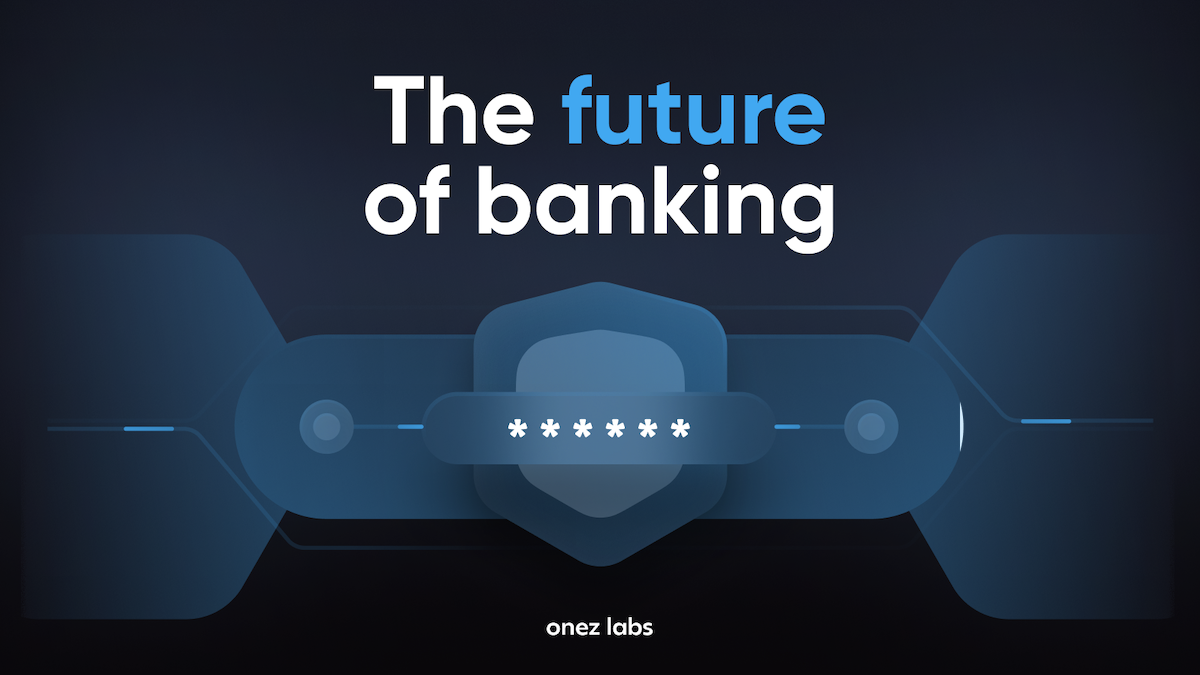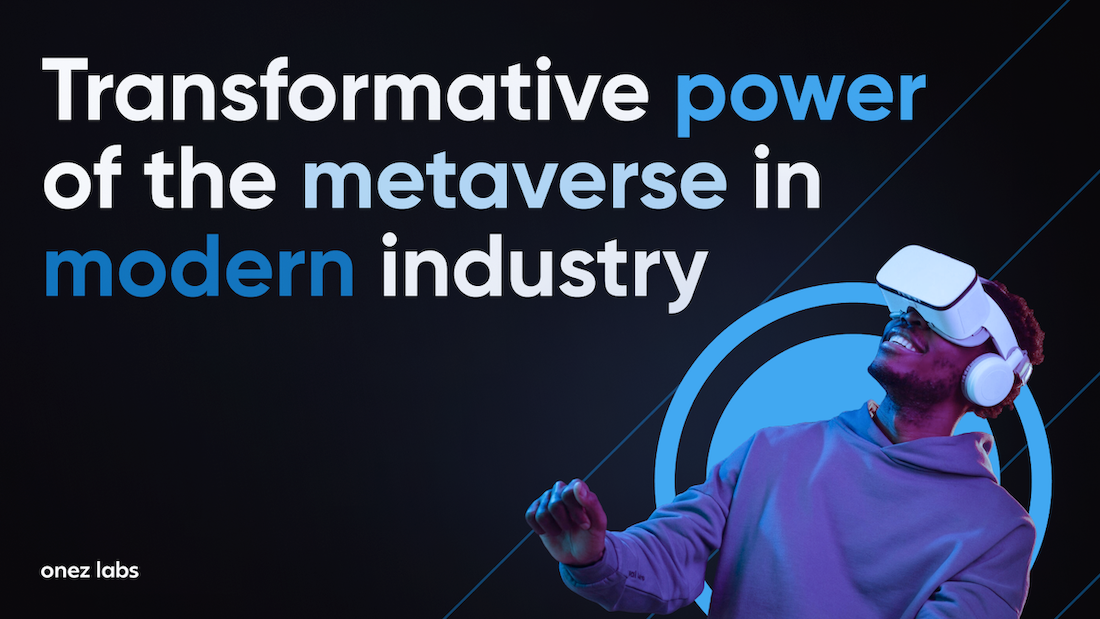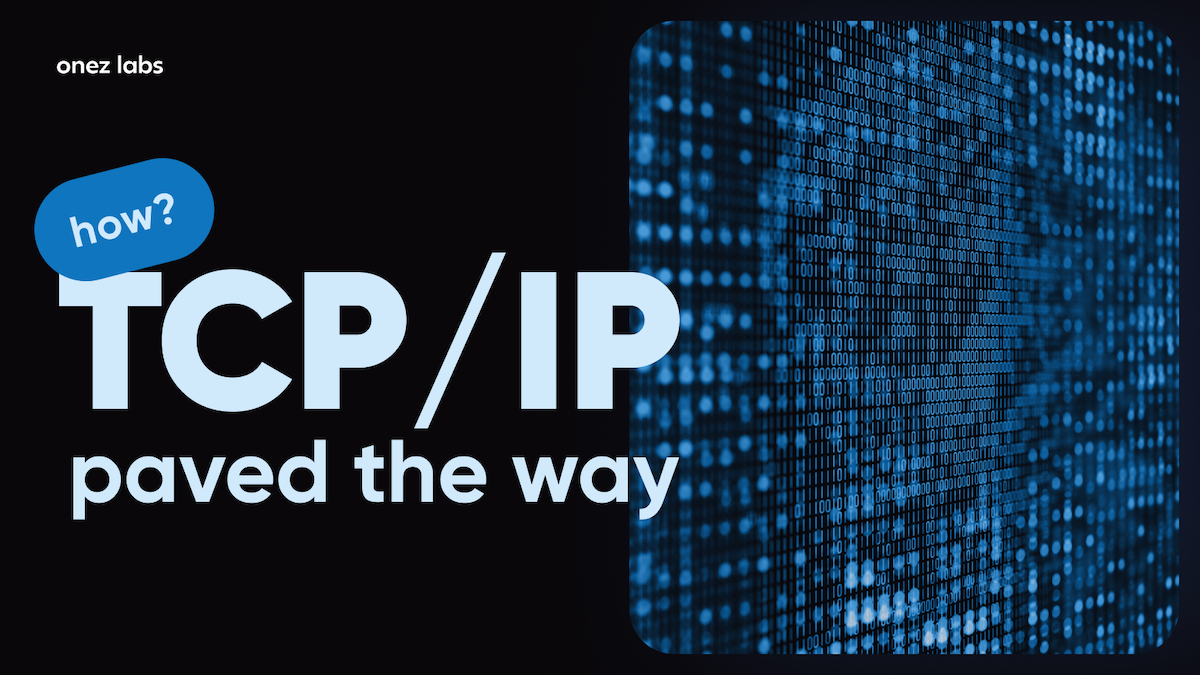Table of Contents
- Web3 redesigning the digital ecosystem with decentralization, empowering users through Blockchain technology and freedom
- The definition of Web3 and how it differ from web2
- The importance of Web3
- How to find and validate a problem that can be solved with Web3
- How to choose the right jurisdiction and ensuring compliance with regulations:
- How to identify the right blockchain platform for your project:
- The development process you need for your Web3 project:
- Tokenomics masterclass: Designing a token with utility and value for your project success:
- Steps to develop a comprehensive Marketing Strategy
- Post-Launch Success: the Web3 Startup Checklist for Continuous Growth:
- Exploring different funding options for Web3 startups:
- FAQ
Web3 redesigning the digital ecosystem with decentralization, empowering users through Blockchain technology and freedom
In 2019, Facebook announced plans to launch a digital currency called Libra, but was met with resistance from regulators and eventually forced to pivot. Meanwhile, decentralized social media platform Mastodon gained popularity, allowing users to host their own servers and control their own data. This contrast shows the fundamental shift from Web2, where big tech companies control user data and experiences, to Web3, where blockchain technology and decentralization enable users to take ownership and control. As we explore the differences between Web3 and Web2, we’ll look into how this shift is transforming the internet and empowering individuals like never before.
This article will help you understand Web3. We’ll look at its uses, benefits, and challenges. We’ll also explore what Web3 is now, what makes it work, and what’s helping it grow. Additionally, we’ll talk about the good and bad things about Web3 and how it might change different areas of our lives. This article will give you a clear and up-to-date picture of Web3, so you can understand its importance and stay informed about this transformative technology.
The definition of Web3 and how it differ from web2
Web3 is the next stage of the internet’s development. It’s built on blockchain technology and decentralized systems. This means that instead of a few big companies like Google, Facebook, and Amazon controlling everything, Web3 shares power among many users. This sharing is made possible by technologies like blockchain, which allows for secure and transparent transactions without needing middlemen. Web3 also uses smart contracts, which are like digital agreements that automatically enforce their rules, making it possible for people to interact online without needing to trust each other.
The importance of Web3
Web3 is important because it can make the internet fairer for everyone. By cutting out middlemen, Web3 helps keep your personal data private and secure. It also makes transactions transparent and safe, reducing the risk of fraud and data theft. The growth of decentralized finance (DeFi) shows how Web3 can change the game, providing financial services without traditional banks. Moreover, Web3 can drive innovation in different areas, such as tracking products and verifying identities. As Web3 technology improves, it could lead to a more equal and user-friendly digital economy, empowering individuals and enabling new decentralized applications (dApps) that don’t rely on central authorities.
Key takeaways
- Web3 vs. Web2: Web3 is built on blockchain technology and decentralized systems, shifting control from big tech companies to individual users, enabling secure, transparent transactions and interactions.
- Importance of Web3: Web3 offers a fairer internet by eliminating middlemen, enhancing privacy and security, reducing fraud risks, and driving innovation across various sectors, such as decentralized finance (DeFi).
- Starting a Web3 Business: Key steps include identifying and validating a problem that Web3 can solve, assembling a skilled team, choosing the right blockchain platform, and ensuring regulatory compliance.
- Community Engagement: Building and engaging a community is important for Web3 startups. This involves active participation on social media, offering incentives, and collaborating with influencers to drive adoption and feedback.
- Security and Compliance: Ensuring strong security through regular audits and adhering to evolving regulations is essential for maintaining trust and safeguarding both users and the startup.
How to find and validate a problem that can be solved with Web3
To find a problem that Web3 can solve, you need to follow a step-by-step approach. First, identify a real problem that affects many people or businesses. You can do this by:
- Watching industry trends
- Finding pain points in existing systems
- Talking to blockchain communities
For example, research “Blockchain business ideas” to find areas where blockchain can help. Join forums, attend conferences, and follow industry leaders to learn about emerging trends and challenges.
Once you find a problem, validate it by:
- Confirming it’s a real and significant issue
- Ensuring blockchain is the right solution
- Doing market research, surveys, and interviews
For instance, if you identify supply chain issues, survey logistics businesses to understand the problem. Study similar blockchain projects to refine your approach. Ensure blockchain adds real value, not just novelty.
Market research is also important:
- Define your target audience
- Study competitors
- Evaluate market size and growth
By doing this, you’ll understand your audience’s needs and create a viable blockchain business idea that can meet those needs.
Key roles needed for a Web3 startup
| Role | Responsibilities | Required Skills |
| Blockchain Developer | Responsible for creating and maintain smart contracts and decentralized applications (dApps) | Solidity, Rust, blockchain protocols |
| Front-End Developer | Design user-friendly interfaces | HTML, CSS, JavaScript, React, user experience (UX) design |
| Blockchain Architect | Design overall system structure, ensure security, scalability, and efficiency | System architecture, security protocols, scalability strategies |
| Product Manager | Align team’s efforts with project vision and market needs | Project management, strategic planning, market analysis |
| Marketing Specialist | Promote the product, build and engage the community | Digital marketing, community management, understanding of blockchain |
| Legal & Compliance Expert | Understand the laws and rules that apply to cryptocurrencies and blockchain technologies. | Knowledge of cryptocurrency regulations, legal compliance |
Finding and keeping top talent in blockchain is tough due to high demand and limited supply. To hire the best, try joining Web3 communities on platforms like GitHub, Reddit, and specialized blockchain forums, where enthusiasts and experts share their projects and ideas. Attending blockchain conferences and hackathons can also provide opportunities to meet potential team members in person and see their skills in action. Offering competitive salaries and benefits is important, but in the Web3 space, providing opportunities for growth, continuous learning, and involvement in innovative projects can be equally, if not more, attractive to top talent.To retain talent employees, create a workplace where people work together, feel valued, and are free to try new things.
How to choose the right jurisdiction and ensuring compliance with regulations:
When starting a blockchain business, it’s necessary to choose the right location and follow the rules. Different countries have different laws for blockchain and cryptocurrency, which can affect your business. You should pick a place with laws that fit your business and are friendly to blockchain. Some countries, like Switzerland, Singapore, and Malta, are great for blockchain businesses because they have clear and supportive laws. However, some places have strict rules or unclear laws, which can cause problems or limit what you can do. To avoid issues, research local laws, understand tax implications, and stay up-to-date on changing regulations. Working with legal experts who know blockchain and cryptocurrency law can help you comply with rules and avoid future legal problems.
Choosing the right legal structure for your Web3 company is important. This decision affects how your business works, including liability, taxes, and decision-making. Common options for blockchain businesses include:
- Corporations (good for raising money and protecting owners from liability)
- Limited Liability Companies (LLCs) (flexible and protects personal assets)
- Decentralized Autonomous Organizations (DAOs) (new and innovative, but with unique challenges)
Your legal structure should fit your business goals, funding plans, and operational needs. It’s a good idea to consult with legal experts who know about blockchain startups to make the right choice. This ensures your company is set up for success and follows all relevant laws and regulations.
How to identify the right blockchain platform for your project:
Choosing the right blockchain platform is a fundamental step in launching a blockchain startup. The selection depends on various factors, including the specific needs of your project, such as scalability, security, and transaction speed.
Consider project needs:
- Scalability.
- Security.
- Transaction speed.
Popular platforms:
- Ethereum: strong smart contract capabilities.
- Binance Smart Chain: Lower transaction fees, faster processing times.
- Polkadot and Cosmos: Interoperability between different blockchains.
Development tools:
- IDEs: Remix, Hardhat.
- Libraries: Web3.js, Ethers.js.
- Testing Suites: Truffle Suite.
Decentralized storage solutions:
- IPFS (InterPlanetary File System): Peer-to-peer network for decentralized file storage.
- Arweave: Permanent data storage focusing on data immutability and accessibility.
The development process you need for your Web3 project:
Building a Web3 startup starts with creating smart contracts, as we discussed before are like self-executing rules that run on the blockchain. To write these contracts, developers use programming languages like Solidity and tools like Remix and Hardhat. Testing is a necessity to ensure the contracts work correctly and don’t have flaws. Developers use techniques like unit testing and integration testing to identify issues before launching the application.
Next, they create the user interface (frontend) using technologies like React or Vue.js, making it easy for users to interact with the application. On the backend, they set up the logic that connects the frontend to the blockchain, using libraries like Web3.js or Ethers.js.
To ensure the application is secure, developers conduct thorough testing and security audits. Which helps to identify bugs and vulnerabilities, That can lead to financial and reputational damage if left unchecked. Regular security assessments and code reviews are essential to maintaining the application’s security and trustworthiness.
Onez is a white label web3 platform that allows you to build and launch any web3 product in a short period of time, our services includes, white label crypto exchange, white label crypto wallet, crypto payment gateway, crypto accounting , digital banking, custom web3 development, Cryptocurrencies exchange API, centralized crypto solutions. Click here to book a demo.
Tokenomics masterclass: Designing a token with utility and value for your project success:
Designing a token is a critical part of a Web3 business plan, as it determines the value and utility within your ecosystem. First, define the token’s purpose: will it grant access to features, provide governance rights, or serve as a means of exchange? Creating a utility token requires defining its economic model, including supply limits, distribution methods, and incentives for holding or using the token. Ensuring your token has clear use cases and aligns with your project’s goals is important for driving adoption and adding value. This means understanding how your token will be used within your platform and how it will benefit users.
Preparing for an Initial Coin Offering (ICO) or Initial DEX Offering (IDO) involves several key steps. Develop a comprehensive whitepaper outlining your project’s vision, tokenomics, and technical details, explaining the problem your project aims to solve, the role of your token, and how funds will be used. Build a strong marketing strategy to generate interest and attract potential investors, including creating a compelling pitch, engaging with the community through social media, and leveraging industry networks. Choose the right platform for your ICO or IDO, such as established platforms like Ethereum or decentralized exchanges (DEXs). Ensure compliance with legal regulations and prepare for post-ICO/IDO activities, like token distribution and exchange listings, to establish credibility and facilitate a successful fundraising round.
Strategies for building and engaging a community:
Building a strong, active community is another important thing for any decentralized startup, as it can drive adoption and provide valuable feedback. Engage with potential users and supporters early on through social media platforms, forums, and blockchain-specific communities like Discord or Telegram, hosting AMA sessions, participating in discussions, and providing regular updates to keep your audience informed and involved. Offering incentives like early access, exclusive content, or token rewards can boost engagement and create a sense of ownership among community members. Additionally, building relationships with influencers and thought leaders in the blockchain space can amplify your reach and credibility, tapping into their network and expertise to further grow your community and increase your startup’s visibility.
Steps to develop a comprehensive Marketing Strategy
Define target audience:
- Understand their needs and preferences
Craft compelling value proposition and messaging:
- Clearly communicate the benefits and unique selling points of your project.
Utilize various marketing channels:
- Content marketing.
- Web3 social media campaigns.
- Email newsletters.
- Partnerships with blockchain media outlets.
Create educational content:
- Blog posts.
- Whitepapers.
- Explainer videos to demystify complex concepts.
Leverage data analytics:
- Track campaign performance.
- Adjust strategies in real-time to enhance effectiveness.
On launch day, a smooth and successful rollout requires meticulous planning and execution, starting with thorough testing of all systems to identify and resolve any issues before going live. Coordinate with your team to ensure technical support, customer service, and all other aspects of the launch are well-prepared. Build excitement and momentum by engaging your community with countdowns, launch events, and live updates. After the launch, continue to engage with users by gathering feedback, addressing any issues promptly, and celebrating milestones.After launching, keep supporting and talking to your community to keep them interested and help your startup succeed in the long run.
Post-Launch Success: the Web3 Startup Checklist for Continuous Growth:
After launching your Web3 startup, it’s important to keep improving and fixing things. Listen to your users’ feedback and make changes to make your product better. Keep updating and adding new features to stay ahead. Use tools like agile methodologies and version control to make the process smoother.
Keeping your community engaged is also necessary. Keep talking to them through social media, forums, and newsletters. Host events and AMAs to keep them excited. Reward your active community members to keep them loyal. A happy community will help spread the word about your project and provide valuable feedback.
Lastly, make sure your startup is secure and follows the rules. Do regular security checks to find and fix vulnerabilities. Get experts to help you with security audits. Stay up-to-date with changing regulations and make sure you comply. This will keep your users safe and your startup trustworthy.
Exploring different funding options for Web3 startups:
Funding your Web3 startup involves exploring various options to secure necessary capital for development and growth. Traditional venture capital (VC) funding is one route, where investors provide capital in exchange for equity and a stake in the company’s future success. Web3 startups can also leverage blockchain-specific funding mechanisms like Initial Coin Offerings (ICOs), Initial DEX Offerings (IDOs), or seek investment from blockchain-focused venture funds, incubators, or crowdfunding platforms tailored for blockchain projects. Each funding option has its advantages and considerations, such as control retention, regulatory compliance, and investor engagement.
To secure funding, craft a compelling pitch deck outlining your project’s problem, solution, technology, market opportunity, and tokenomics. Highlight your project’s value and potential, and be prepared to address investor questions regarding market fit, scalability, and regulatory considerations. Showcase traction, such as user engagement or partnerships, and build relationships with investors through networking and industry events. Effective communication, thorough preparation, and a clear vision are key to convincing investors of your Web3 startup’s potential. By doing so, you can increase your chances of securing funding and driving your project forward, while also demonstrating your project’s unique solution, market opportunity, and growth projections to attract investors and supporters.
Closing thoughts
To start a successful Web3 company, you need to do several important things. First, choose the right blockchain platform, which will affect how well your app works and how secure it is. Next, build a strong team with the right skills, like blockchain development, marketing, and legal expertise. You also need to design a good tokenomics model and plan for fundraising. This will help you get the money you need and make sure your project is what investors want.
Once you have these basics covered, you can start taking advantage of the opportunities in Web3. This technology is changing industries and creating new ways to innovate and grow. To succeed, engage with the Web3 community, keep improving your product based on user feedback, and prioritize security and compliance. Now is the perfect time to start building solutions that push technology forward and contribute to the future of the internet. By following these steps, you can make a real impact in the Web3 space.
FAQ
What is Web3, and how is it different from Web2?
Web3 is the next generation of the internet that uses blockchain technology to create a decentralized web. Unlike Web2, where data and control are centralized with big companies like Google and Facebook, Web3 aims to give users more control over their data and interactions by removing intermediaries.
What are the key steps in starting a Web3 startup?
Key steps include choosing the right blockchain platform for your project, developing and testing smart contracts, building a user-friendly frontend and a solid backend, and preparing a comprehensive marketing and fundraising strategy.
How do I fund a Web3 startup?
Funding options for Web3 startups include traditional venture capital, Initial Coin Offerings (ICOs), Initial DEX Offerings (IDOs), and crowdfunding. Each method has its own benefits and requirements. ICOs and IDOs involve selling tokens to raise funds, while venture capital and crowdfunding involve seeking investments from individuals or firms.
Why is security important in a Web3 startup, and how can I ensure it?
Security is crucial in Web3 because vulnerabilities in smart contracts or blockchain systems can lead to significant financial losses or data breaches. To ensure security, conduct thorough testing of your smart contracts, engage with third-party security experts for audits, and continuously monitor and update your system to address any new threats or vulnerabilities.



